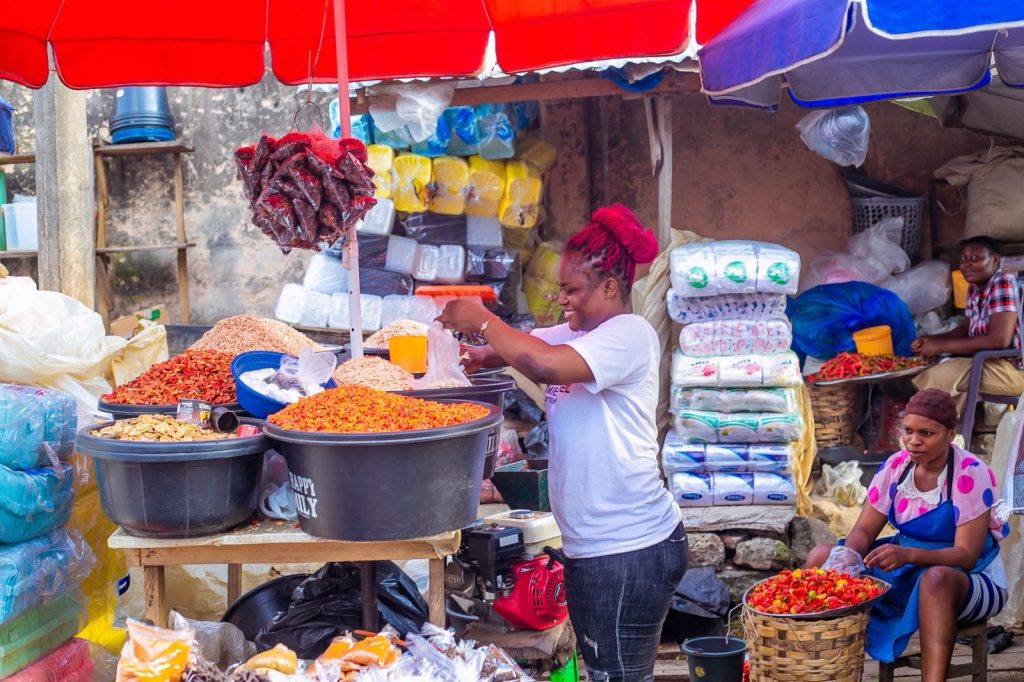Understanding the Rights of a Girl Child in Nigeria: A Constitutional Perspective

Understanding the Rights of a Girl Child in Nigeria: A Constitutional Perspective
In Nigeria, the rights of a girl child are protected and enshrined in the constitution and various legal frameworks. These laws aim to ensure that every girl can grow up in an environment that nurtures her potential, safeguards her well-being, and guarantees her equality and freedom from discrimination.
The Nigerian Constitution and the Rights of the Girl Child
The 1999 Constitution of the Federal Republic of Nigeria is the supreme law of the land, providing a robust framework for the protection of human rights, including those of children. Key provisions relevant to the rights of a girl child include:
1. Right to Life:
Under Section 33 of the Nigerian Constitution, every individual has the right to life. This includes the girl child, ensuring her protection against practices like female infanticide and other harmful traditional practices that threaten her existence.
2. Right to Dignity:
Section 34 guarantees the right to dignity of the human person, prohibiting torture, inhuman or degrading treatment, and slavery. This provision is crucial in protecting the girl child from abuses such as child trafficking, forced labor, and other forms of exploitation.
3. Right to Personal Liberty:
Section 35 ensures the right to personal liberty. This means that no girl child should be unlawfully detained or restricted in her movement, allowing her the freedom to grow and develop in a safe environment.
4. Right to Freedom from Discrimination:
Section 42 explicitly provides for the right to freedom from discrimination. It prohibits discrimination on the basis of sex, ensuring that girls receive equal treatment and opportunities as boys in all spheres of life, including education, healthcare, and employment.
Child Rights Act 2003
The Child Rights Act (CRA) of 2003 is a significant legislative framework that specifically addresses the rights and welfare of children in Nigeria. It aligns with the United Nations Convention on the Rights of the Child (CRC) and the African Charter on the Rights and Welfare of the Child. Key highlights of the CRA include:
1. Right to Education:
The Act mandates free, compulsory, and universal basic education for every child. It emphasizes the importance of girls’ education as a fundamental right, essential for their empowerment and future opportunities.
2. Right to Health and Health Services:
The CRA ensures that every child has the right to the best attainable state of physical, mental, and spiritual health. This includes access to appropriate healthcare services, nutrition, and protection from harmful practices like female genital mutilation (FGM).
3. Right to Protection from Abuse and Exploitation:
The Act provides stringent measures against child abuse, exploitation, and harmful cultural practices. It calls for the protection of girls from sexual abuse, child marriage, and other forms of exploitation that hinder their development.
4. Right to Parental Care, Protection, and Maintenance:
The CRA highlights the responsibility of parents and guardians to provide adequate care, protection, and maintenance for their children. It recognizes the critical role of family in the upbringing of a girl child.

Implementation and Challenges
While Nigeria has robust legal frameworks for the protection of the rights of the girl child, challenges remain in their implementation. Issues such as poverty, cultural practices, and inadequate enforcement mechanisms often hinder the full realization of these rights. Efforts must be made at both governmental and community levels to:
- Increase Awareness: Promote awareness about the rights of the girl child among parents, communities, and institutions to foster a culture of respect and protection.
- Strengthen Enforcement: Enhance the capacity of law enforcement agencies to effectively implement and uphold the provisions of the constitution and the Child Rights Act.
- Promote Education: Ensure that girls have access to quality education by addressing barriers such as financial constraints, cultural attitudes, and inadequate infrastructure.
- Provide Support Services: Establish and support services such as shelters, counseling, and legal aid for girls who are victims of abuse and exploitation.
Conclusion
The Nigerian Constitution and the Child Rights Act provide a comprehensive framework for the protection and promotion of the rights of the girl child. Ensuring that these rights are respected and upheld requires concerted efforts from all sectors of society. By fostering an environment that supports and empowers girls, Nigeria can make significant strides towards gender equality and the overall development of the nation.



